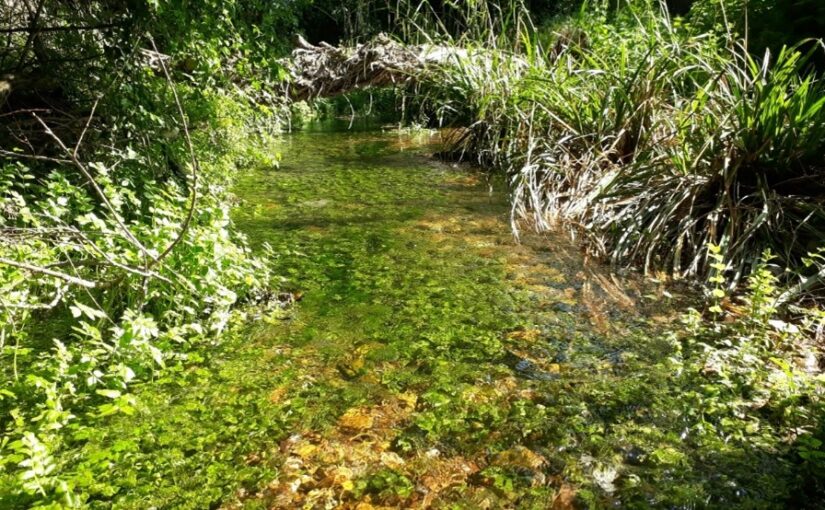Comment from Cam Valley Forum on the announcement of the government funding (£179,602.54 from the Water Restoration Fund) for the project “A Collaborative Restoration Plan for the Cam”
Cam Valley Forum welcomes any funding for work to improve the health of the Cam and its tributaries, and congratulates the Wildlife Trust BCN on being awarded these funds. This project is one of 51 across England that have been awarded grants by the Water Restoration Fund (WRF).
The Collaborative Restoration Plan for the Cam consists of three main elements.
- A Catchment officer for the the Cam Catchment Partnership to create a catchment plan
- Catchment Habitat Opportunity Mapping
- A Sediment Study, covering the whole of the Cam, Rhee and Granta
All three elements are led by the Wildlife Trust BCN (although parts of the project are being delivered by other partners, who are getting paid by the Water Restoration Fund via Wildlife Trust). Cam Valley Forum is a founder member of the Cam Catchment Partnership.
The Water Restoration Fundmoney has permitted the appointment of a short-term catchment officer for the Cam Catchment Partnership, who is creating a catchment plan to be published in spring 2026. It also includes two catchment-wide projects, namely Catchment Habitat Opportunity Mapping and a Sediment Study. The mapping will be useful in discussions with landowners and will tie in with the Local Nature Recovery Strategy. The Sediment Study will help us understand where sediment is coming into rivers and how it moves within the catchment, so we can find the best ways to address the excessive amounts of sediment in our rivers. There are also some smaller projects, all of which support the catchment partnership’s aim to empower local people and to ensure that local knowledge informs water resource and river restoration strategy.
About the Water Restoration Fund
However, our rivers need more. Cam Valley Forum, with the Wildlife Trust, has concerns about the governments approach to the Water Restoration Fund. It has been created from the fines imposed on the water companies for the pollution they have caused. Ideally, the water companies should be preventing such pollution occurring in the first place but, if it does happen, they should indeed be paying for the clean-up. In the period 2020 – 2025, these fines amounted to some £850m – a shocking figure in itself. But the £10M being made available in this current round of the Water Restoration Fund is a tiny proportion of that. The grant for the river Cam is helpful, but insufficient to ensure that the activities initiated can remain sustainable. A larger pot (possibly £100M) is promised in the next round of the Water Restoration Fund. However, Cam Valley Forum feels that the government is showing an insufficient sense of urgency to the problems facing our rivers and chalk streams.

